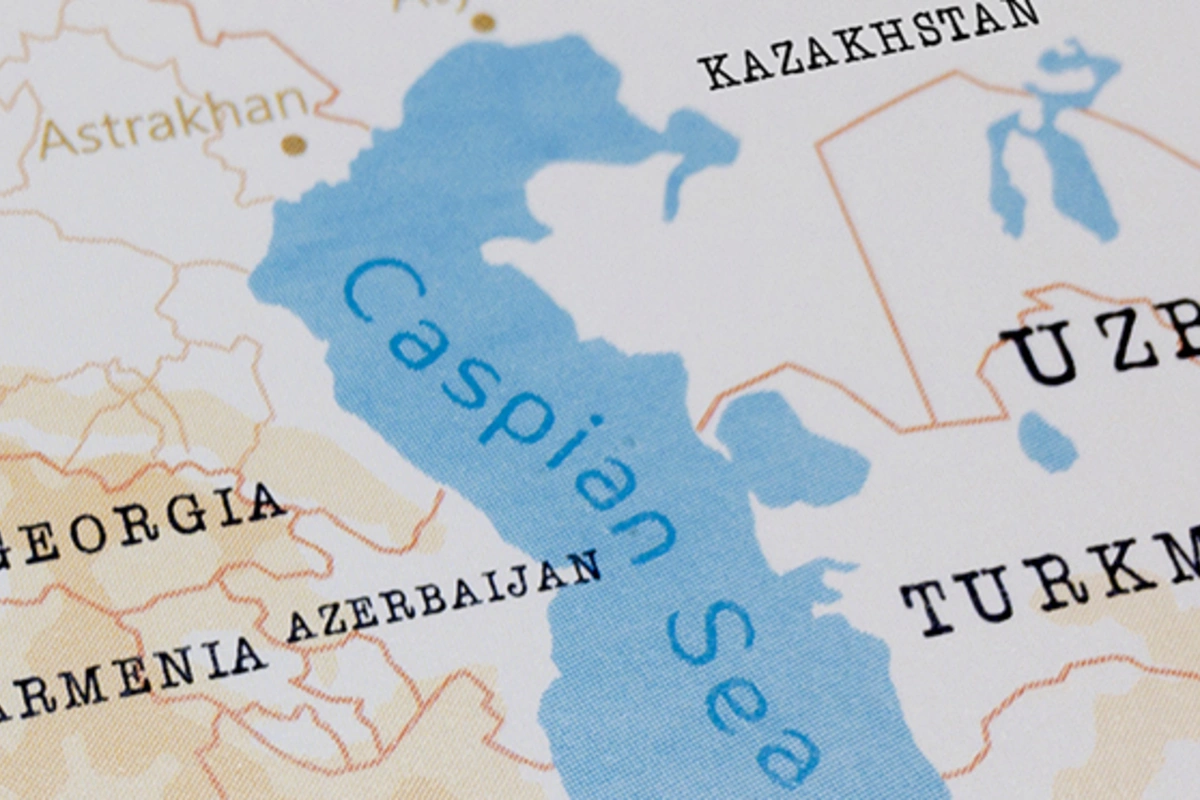
The area’s role as a critical energy transit corridor, combined with growth in green energy and infrastructure, offers considerable upside for investors. Azerbaijan, Kazakhstan, and Uzbekistan, in particular, have taken steps to bolster energy exports to Europe, positioning themselves as essential players in the global energy transition.
The Central Asia–Caspian region has long served as a high–stakes geopolitical chessboard—a region marked by fragmentation and conflict but also a dependency on cooperation. As alliances shift and economic uncertainties rise, multinational corporations (MNCs) are called to reassess their strategies. Though the region’s challenges are substantial, it presents investment opportunities that are too significant to ignore, The Caspian Post reports citing Diplomatic Courier.
Since the 1990s, doing business in post–Soviet Eurasia has carried notable political risks. Central Asian states have actively sought foreign direct investment (FDI) while continuing to grapple with formidable obstacles: weak rule of law, fluctuating regulatory standards, and entrenched corruption. Yet despite these barriers, international capital continues to flow into the region, a testament to its long–term potential.
Historically reliant on oil and gas exports, the nations of Central Asia are now striving for economic diversification. Countries like Azerbaijan, Kazakhstan, and Turkmenistan are strengthening ties with the European Union (EU), aiming to reduce their dependence on Russia’s energy networks. This pivot toward new economic partnerships is creating openings in green energy, infrastructure, and technology—appealing sectors for global investors.
Yet geopolitical instability remains an ever–present risk. The war in Ukraine has exacerbated uncertainties, with Russia, China, the EU, and the U.S. all vying for influence in the region. Energy security, once peripheral, is now a central concern. The 2023 closure of Russia’s Novorossiysk terminal, which halted Kazakh oil exports, demonstrated how quickly political upheavals can disrupt supply chains. In response, companies like ExxonMobil have been compelled to re–evaluate their regional strategies.
If the conflict in Ukraine escalates, geopolitical risks across the region will likely intensify. At the same time, major external actors—including the U.S., EU, and China—are poised to deepen their engagement, reshaping the region’s economic and political dynamics. Furthermore, the rise of Sino–American tensions only adds complexity to an already volatile setting.
This volatility, however, also creates openings. The region’s shift away from resource dependency and toward a knowledge–based economy offers fertile ground for businesses ready to invest in infrastructure, technology, and renewable energy. As a strategic transit hub for energy flows to Europe, the Caspian Basin’s importance is only rising in light of the EU’s goals to reduce reliance on Russian resources. For MNCs, this translates to emerging markets, new sectors, and innovative investment channels.
The post–Covid landscape adds another layer of complexity as digital transformation accelerates across industries. In Central Asia, governments face mounting pressure to adopt digital technologies, a development that could foster long–term economic growth. Yet a wide gap remains between ambitious reform agendas and actual implementation, as regulatory inefficiencies and bureaucratic challenges persist, posing hurdles for investors seeking stable conditions.
For multinationals, the region presents both substantial risks and promising potential. Border disputes, political unpredictability, and regulatory ambiguity are formidable barriers. Yet the area’s role as a critical energy transit corridor, combined with growth in green energy and infrastructure, offers considerable upside for investors. Azerbaijan, Kazakhstan, and Uzbekistan, in particular, have taken steps to bolster energy exports to Europe, positioning themselves as essential players in the global energy transition.
In conclusion, the Central Asia–Caspian basin will play a crucial role in Europe’s energy strategy for years to come. Beyond energy, its growing importance as a hub for infrastructure, technology, and renewable energy investment presents untapped avenues for global businesses.
Looking ahead, the next decade may see the region emerge as a critical focal point for energy and technological investments. Multinational corporations that strategically position themselves now—by identifying growth sectors, building alliances, and mastering the political complexities of the region—stand to gain substantial returns.
Share on social media